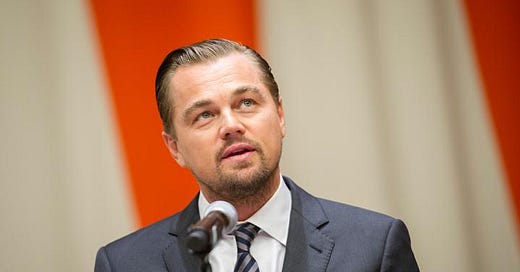Weekend Edition | SDGs: We Need More Partnerships | UNEP Celebrates Restoration of Ecosystems | Visit France and Savour its Organic Wines | WHO: Children Must Play Outside More
WHO: Make Your Children Play Outside for Healthy Eyesight
UNEP
UN World Restoration Flagships
Monitoring and Showing Progess
Source: UNEP
Countries have already promised to restore 1 billion hectares – an area larger than China – as part of their commitments to…



